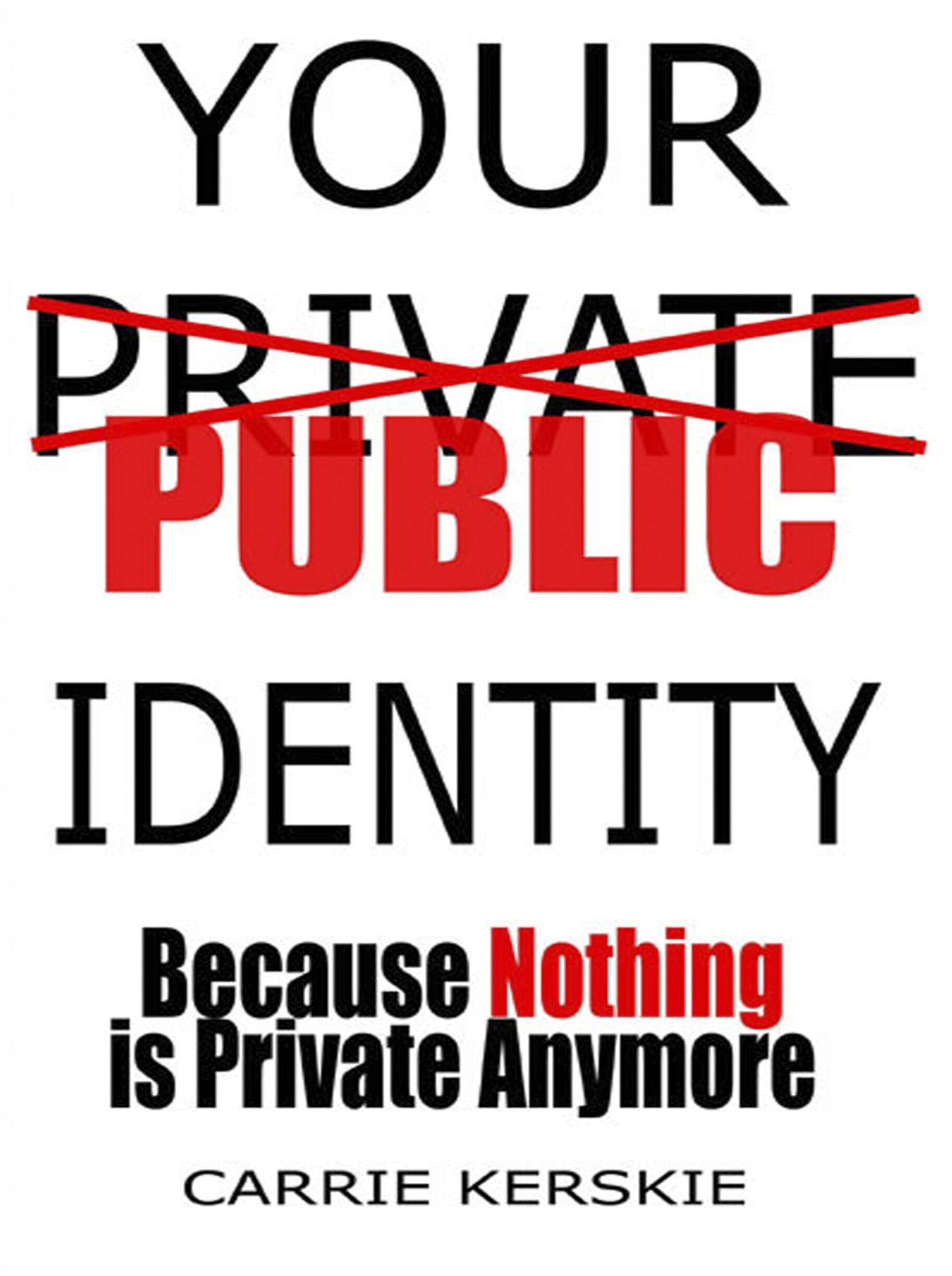He said he wasn’t married…
I know what you are thinking. You think this is an article about cheating spouses right? Wrong. This is about the latest trend in identity theft. Imagine this…
You and your fiancé head to the county office to apply for a marriage license when you are denied because you, or your fiancé, are current married. Say what?!?!?! Identity thieves are using identities in a marriage for citizenship scam. Here is how the scam works. First someone, typically someone that has entered this country illegally, assumes your identity. He or she then agrees to marry, for money, someone seeking citizenship in the U.S.
One victim of this type of crime found out she had been married to two different man in the same year when she was denied a marriage license. Turns out that she had lost her birth certificate years prior to the crime. A woman used her identity the agreed to marry men from different countries. These men did not know she was committing identity theft until one of them filed for a divorce. The victim was served with the divorce papers and refused to sign them. The man that married the fraudster went to the home of the victim’s mother-in-law. Fortunately the mother-in-law had a photograph of the victim and her real husband. When she showed it to this man he was shocked to learn that he had married a woman using a fictitious identity. Click here to read the full story.
Here are a few tips to monitor your identity –
1. Get a complete background screening once a year. If you need assistance we can help.
2. Check your credit report once a year by visiting www.annualcreditreport.com. This is the ONLY website endorsed by the FTC and the ONLY one that is truly free. By law you are entitled to one free credit report every 12 months from each credit reporting agency (TransUnion, Equifax, and Experian).
3. Set up a Google Alert for your name.
4. Don’t ignore warning signs. If you receive a phone call or suspicious mail don’t write it off as an error. Make follow up calls and get to the bottom of the supposed error.
For these and other great identity monitoring tips check out my book “Your Public Identity”.


